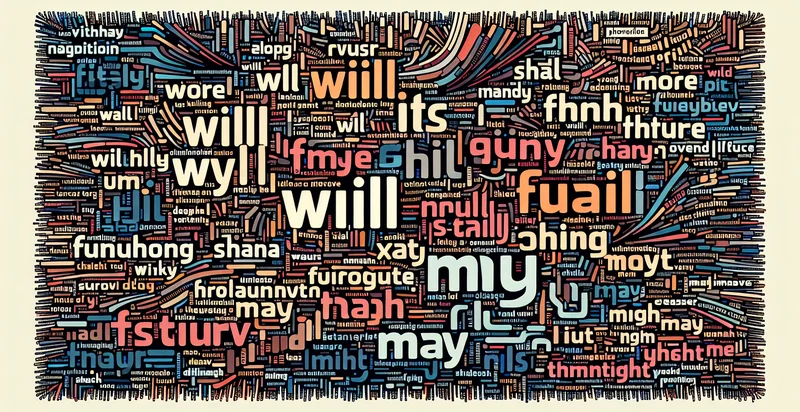Identify if a text contains future tense verbs
using AI
Below is a free classifier to identify if a text contains future tense verbs. Just input your text, and our AI will predict if it will rain - in just seconds.

Contact us for API access
Or, use Nyckel to build highly-accurate custom classifiers in just minutes. No PhD required.
Get started
import nyckel
credentials = nyckel.Credentials("YOUR_CLIENT_ID", "YOUR_CLIENT_SECRET")
nyckel.invoke("if-a-text-contains-future-tense-verbs", "your_text_here", credentials)
fetch('https://www.nyckel.com/v1/functions/if-a-text-contains-future-tense-verbs/invoke', {
method: 'POST',
headers: {
'Authorization': 'Bearer ' + 'YOUR_BEARER_TOKEN',
'Content-Type': 'application/json',
},
body: JSON.stringify(
{"data": "your_text_here"}
)
})
.then(response => response.json())
.then(data => console.log(data));
curl -X POST \
-H "Content-Type: application/json" \
-H "Authorization: Bearer YOUR_BEARER_TOKEN" \
-d '{"data": "your_text_here"}' \
https://www.nyckel.com/v1/functions/if-a-text-contains-future-tense-verbs/invoke
How this classifier works
To start, input the text that you'd like analyzed. Our AI tool will then predict if it will rain.
This pretrained text model uses a Nyckel-created dataset and has 2 labels, including Contains Future Tense Verbs and Does Not Contain Future Tense Verbs.
We'll also show a confidence score (the higher the number, the more confident the AI model is around if it will rain).
Whether you're just curious or building if a text contains future tense verbs detection into your application, we hope our classifier proves helpful.
Related Classifiers
Need to identify if a text contains future tense verbs at scale?
Get API or Zapier access to this classifier for free. It's perfect for:
- Project Planning Assessment: In project management, identifying the use of future tense in team communications can help gauge readiness and foresight. Analyzing emails or chat logs can reveal whether team members are focused on upcoming tasks and milestones, which is crucial for planning and resource allocation.
- Market Trend Analysis: Businesses can assess marketing materials and customer feedback to detect future-oriented language. This can provide insights into how consumers perceive upcoming products or services, thus aiding in strategic planning and forecasting demand.
- Legal Document Review: Law firms can utilize a future tense verb identifier when reviewing contracts and legal documents. Detecting language that indicates future obligations or responsibilities can ensure all parties are clearly aware of their commitments.
- Customer Support Enhancement: By analyzing customer support interactions, businesses can determine whether representatives are effectively communicating future resolutions or follow-ups. This can lead to improved customer satisfaction through timely and clear communications regarding expected outcomes.
- Training and Development: Organizations can review training materials for the presence of future tense, ensuring that the content emphasizes anticipated skills and outcomes. This helps in aligning employee training programs with future business goals and the evolving job landscape.
- Forecasting in News Analysis: Media outlets can use this identifier to analyze news articles, blogs, and social media for future-oriented discussions. Understanding public sentiment and expectations can inform editorial choices and strategic communications.
- Behavioral Marketing: Marketers can analyze consumer-generated content on social platforms to capture future intentions and aspirations. By identifying trends in language that indicate future buying behavior, businesses can tailor marketing strategies to align with consumer expectations.


